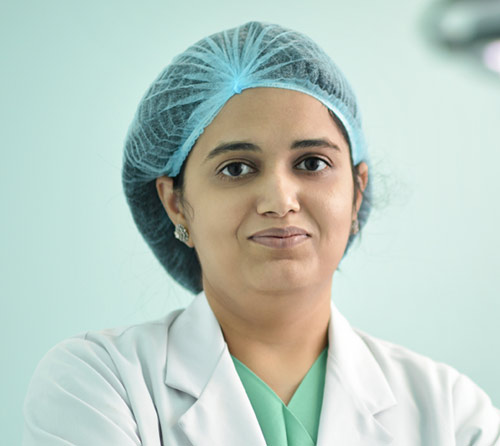Dr Arika Bansal, an MD from the All India Institute of Medical Sciences (AIIMS), New Delhi, is a well-known hair transplant surgeon. She has published around 12 papers in national and international journals. Bansal is also a Diplomate of the American Board of Hair Restoration Surgery. She spoke to Orissa POST on how to keep hair healthy and about hair transplants
How widespread is the problem of hair loss and baldness in the younger generation?
Due to unhealthy lifestyles, hair loss and baldness are now affecting the youths too. We have seen people developing hair problems even in the early 20s. I have seen people losing hair at a very young age although their fathers developed the problem only in their late 40s. I have also seen youths who follow healthy lifestyles and those who practice meditation and pranayam successfully preserving their hair and delaying the onset of hair loss despite having a family history of early hair loss.
How developed are hair transplant methods now?
If the technique is right and properly done, precision hair transplants have 100 per cent success. We are able to provide full natural hair density and coverage and all areas will be fully covered with hair and no skin will be visible. Now hair transplant techniques have improved and success rates are high. But proper diets and medications (if required) are also needed after transplant.
What are the recent advances in hair transplant techniques?
Earlier, most clinics were offering Follicular Unit Transplants (FUT), but now many clinics offer the FUE procedure (Follicular Unit Excision) which is minimally invasive and enables the patient to recover within two days. In the case of FUT, patients suffered more pain, stiffness of neck and recovery time was around 15 days. Many clinics are now offering DHT (Direct Hair Transplant) where hair grafts are implanted directly and is kept outside the body for only a short time. So with more precise, painless methods success rates have increased.
What must be done to ensure healthy hair, avoid hair loss and transplants?
Indian diets lack protein and this is a major reason for hair loss among men as well as women. People must eat eggs, paneer and non-vegetarian food regularly. In the early stages of hair loss, there is no need for transplants. Medicines are not enough. Transplant is needed only if hair roots have dried up. Lack of sleep is another reason that affects metabolism, and hair is the first to get damaged. Genetic baldness also exists in many families.
Do you think new sources of hair are now being used for transplants?
Indian scalps normally have lesser grafts at the back as compared to Americans’ and Europeans’. But Indians have good moustaches. Body hair transplants have been successful among Indians. Now, doctors are using chest hair, moustaches and back hair depending on quality to make transplants successful.




